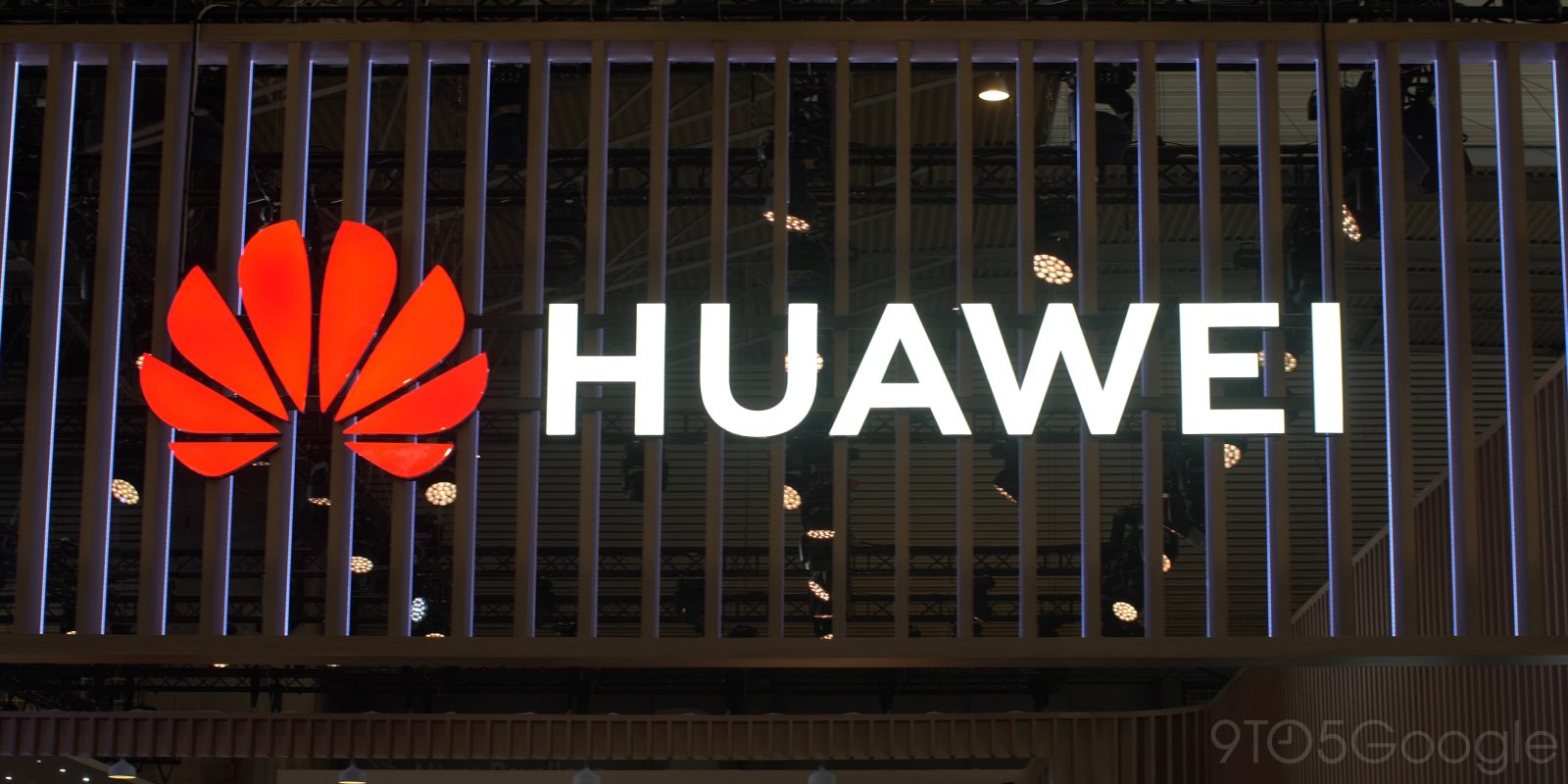Does Taiwan disappoint the US and help Huawei develop chips?

Four Taiwanese companies are reportedly helping Huawei develop advanced microchips. Here's what Bloomberg's investigation found
A singular paradox emerges from a Bloomberg investigation : four Taiwanese companies are apparently collaborating with Huawei, on Chinese soil, to do what US sanctions would prevent, namely helping it develop advanced chips . Here's what the American agency discovered and what the Taipei government thinks about it.
What's happening in Shenzhen?
In the Chinese metropolis of Shenzhen, where Huawei's headquarters are located, Bloomberg reporters have discovered a construction site where a new production plant for the Dragon's most famous company is being built and where workers and technicians from some Taiwanese companies are working hard .
Bloomberg quickly identified the companies, which are a subsidiary of construction group United Integrated Services, chip retailer Topco Scientific and a subsidiary of L&K Engineering.
Who works for whom
Those identified by the American financial newspaper are not the only Taiwanese companies that are working for the country that threatens to invade the rebellious island.
Also on the list is Cica-Huntek Chemical Technology Taiwan, which just won contracts to build chemical plants for two Chinese chip makers, Shenzhen Pensun Technology and Pengxinwei IC Manufacturing, the latter of which was listed last year. on the US blacklist.
According to Bloomberg , Shenzhen Pensun Technology and Pengxinwei IC Manufacturing are working on Huawei's behalf to build new semiconductor factories.
A Topco representative confirmed that its Chinese subsidiary has an ongoing contract with Pengxinwei to handle liquid waste, but emphasized that the environmental projects are not prohibited by US sanctions.
United Integrated Service was also unable to help but confirm that one of its subsidiaries had won a contract to help a third Shenzhen semiconductor manufacturing company, SwaySure, revamp its internals.
Even the French?
Bloomberg 's findings don't end there: its journalists also spotted a truck from the French company Air Liquide leaving the Pengxinwei campus.
Upon request for clarification, the transalpine group responded that "Air Liquide China operates in full compliance with the regulations in force, and supplies (to Pengxinwei) only products that are not subject to the American Export Administration Regulations".
What the experts think
According to Kevin Wolf, partner at Akin Gump, a company specializing in trade policies, it is currently impossible to determine whether the Taiwanese companies identified by Bloomberg are violating US sanctions, which were designed to block technology transfer to Huawei but not to completely block its business operations.
But the gravity of what Bloomberg found emerges from the words of Jung-Shian, professor of electrical engineering at the Taiwanese National Cheng Kung University: "the chips produced in these plants with the help of Taiwanese companies could be used on Chinese missiles aimed on Taiwan”.
“The government of Taiwanese President Tsai Ing-wen – thunders the teacher – demonstrates that it does not take Taiwan's defense seriously if it does not strengthen controls on the support that local companies are providing to Huawei”.
The minister's reaction
Contacted by Bloomberg , Taiwan's Economic Affairs Minister Wang Mei-hua said he would investigate his country's companies' dealings with Huawei.
“The ministry – Wang remarked – will also tell these companies to pay attention to US export control measures if the equipment they are using violates American rules”.
The admission of the deputy minister
Already aware last year of the problem of connections between Chinese and Taiwanese companies, Taipei's vice-minister of economic affairs, CC Chen, declared that the government would take measures to prevent Taiwanese technology from falling into the wrong hands, i.e. – in this case – in those of the People's Liberation Army.
At the same time, however, Chen had to admit the seriousness of the "challenge" of implementing export controls to China due to the "civil-military fusion" of the programs of companies involved in technological innovation.
This is a machine translation from Italian language of a post published on Start Magazine at the URL https://www.startmag.it/mondo/taiwan-huawei/ on Sat, 07 Oct 2023 05:20:44 +0000.
